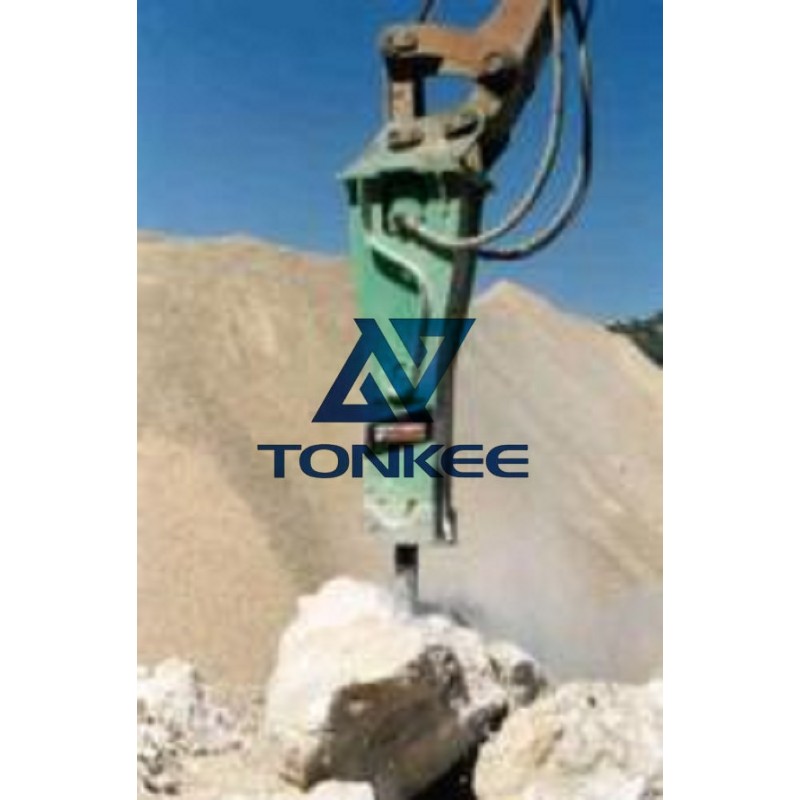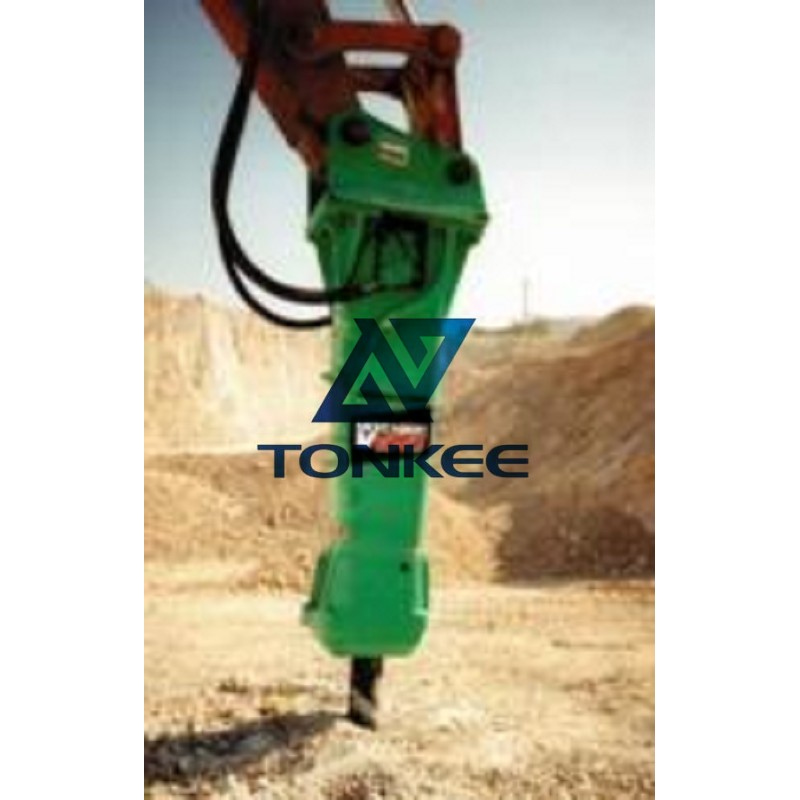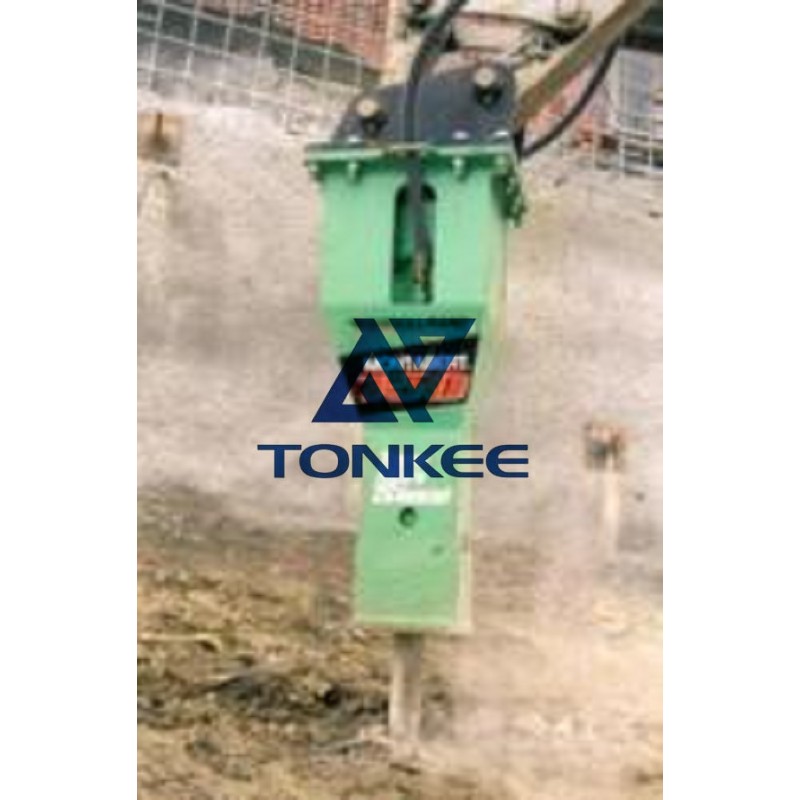
Hydraulic hammers, also known as hydraulic breakers, are essential tools used in construction and demolition projects. These powerful machines utilize the force of hydraulics to break through tough materials such as concrete and rock. In this article, we will explore the features and capabilities of
hydraulic hammers.
Excavator Hydraulics: The Backbone of Hydraulic HammersAt the heart of a hydraulic hammer lies its connection to an excavator's hydraulic system. Excavators are equipped with complex hydraulics that provide the necessary power for various attachments, including hydraulic hammers. By utilizing high-pressure oil flow from the excavator's engine-driven pump, these systems generate immense force that is transferred to the hammer.
The excavator's boom cylinder acts as a reservoir for storing energy during operation. When activated by the operator, this stored energy is released into the breaker piston chamber through control valves. As a result, rapid reciprocating motion is achieved within the hammer assembly, delivering powerful blows to break down hard surfaces.
The Features of Hydraulic HammersHydraulic hammers come with several key features that enhance their performance and versatility on construction sites:
Durable Construction: Made from high-strength steel alloys, hydraulic hammers are built to withstand heavy-duty applications without compromising their structural integrity.
Vibration Control: Advanced damping systems minimize vibration transfer to both the excavator and operator's cabin during operation, ensuring greater comfort and reducing fatigue.
Auxiliary Functions: Many modern hydraulic hammers offer additional functions such as automatic lubrication systems for improved maintenance efficiency or noise reduction technology for quieter operation.
Interchangeable Tool Bits: Hydraulic hammers can be equipped with various tool bits, such as moil points or chisels, allowing them to adapt to different materials and applications.
Energy Recovery Systems: Some hydraulic hammers feature energy recovery systems that utilize the rebound energy from each blow to enhance overall impact force and efficiency.
The Versatility of Hydraulic Hammers
Hydraulic hammers find extensive use in a wide range of construction activities. They are commonly employed for breaking concrete during road construction, demolishing structures, quarrying operations, and foundation work. Their ability to deliver precise blows at high speeds makes them indispensable tools for contractors seeking efficient and cost-effective solutions.
In addition to their primary function as demolition tools, hydraulic hammers can also be utilized for secondary tasks such as trenching or compacting soil when fitted with appropriate attachments. This versatility further enhances their value on job sites where multiple tasks need to be accomplished using a single machine.
In ConclusionThe hydraulic hammer is an invaluable tool in the field of construction due to its powerful capabilities and versatile nature. By harnessing the power of ,
excavator hydraulics these machines provide contractors with an efficient means of breaking through tough materials while ensuring minimal downtime. With ongoing advancements in technology and design, hydraulic hammers continue to evolve, offering even greater performance and productivity on modern construction sites.
